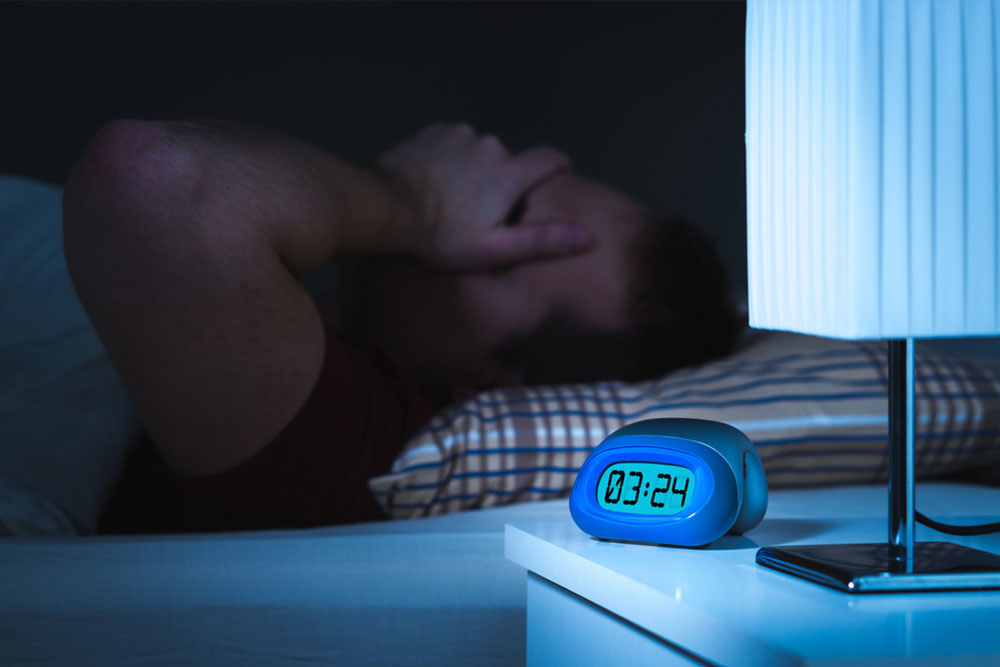Understanding the Causes of Sleep Disorders
This article explores the common causes of insomnia, including stress, irregular schedules, poor sleep habits, diet, medications, and stimulants. It emphasizes lifestyle changes and professional consultation for effective management of sleep disorders, ensuring better health and productivity.

Understanding the Causes of Sleep Disorders
Insomnia is a sleep disorder characterized by difficulty falling asleep, staying asleep, or achieving restful sleep. Individuals with insomnia often wake early and struggle to return to sleep, leading to persistent fatigue and low energy during the day. While sleep needs vary, most adults require around 7 to 8 hours of sleep nightly. Insomnia can be short-term or chronic, lasting weeks or longer. Common causes include stress, irregular work schedules, poor sleep hygiene, unhealthy eating habits, certain medications, and stimulant intake such as caffeine and nicotine. Addressing these factors can improve sleep quality. Consulting a healthcare professional is advisable if insomnia affects daily life.
Stress: Excessive worry about work, relationships, health, or finances can keep the mind active at night, disrupting sleep. Emotional events like loss or illness also contribute to insomnia.
Irregular Work Hours: Shift work, travel across time zones, and jet lag disturb the circadian rhythm, leading to sleep issues.
Poor Sleep Habits: Inconsistent sleep routines, daytime naps, stimulating activities before bed, and screen time on devices hinder natural sleep patterns.
Diet and Eating Habits: Heavy meals, acidity, or heartburn can cause discomfort and difficulty sleeping.
Medication Use: Certain drugs for conditions like hypertension, depression, or asthma may interfere with sleep. Pain medications can also have this effect.
Stimulant Consumption: Caffeine and nicotine intake in the afternoon can stimulate the brain and delay sleep onset.
Managing sleep disorders involves making lifestyle adjustments. If insomnia impacts your health or work, consult a healthcare provider to identify underlying causes. They may recommend further testing at a sleep center for proper diagnosis.










